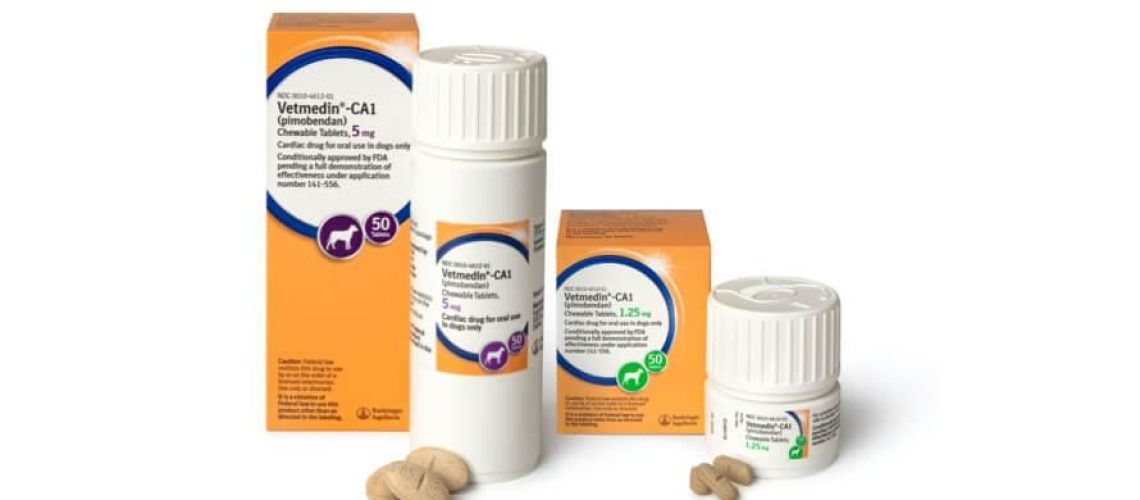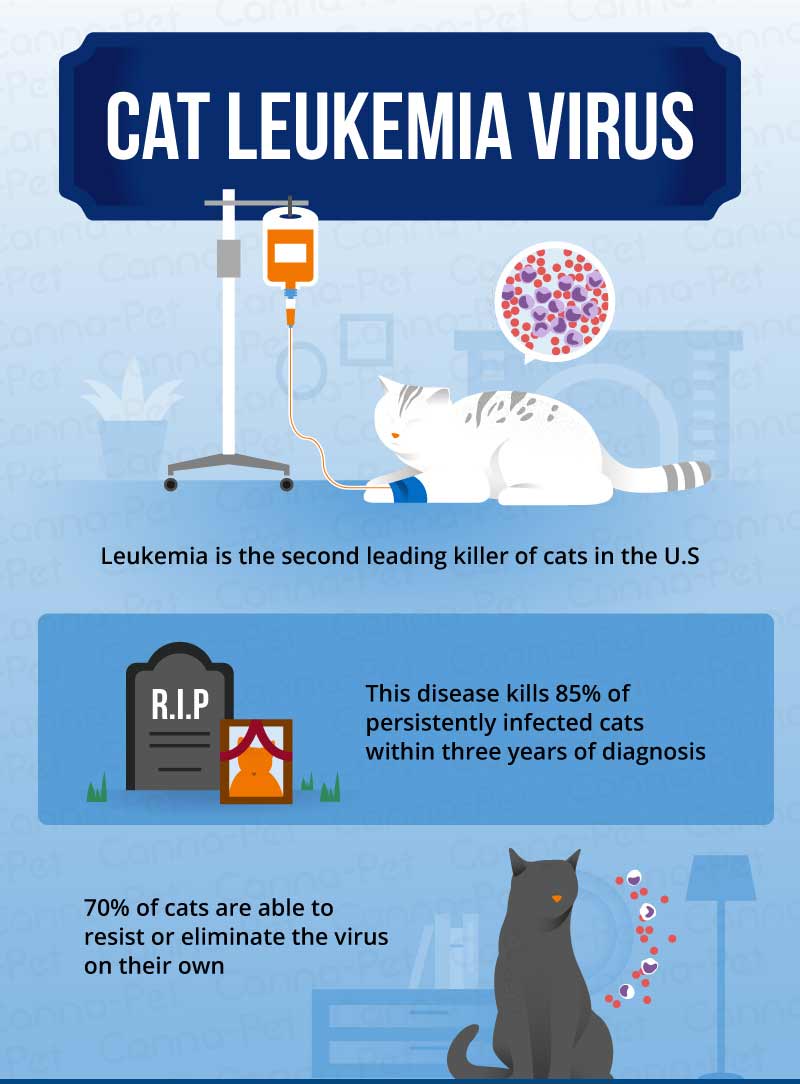Are you a cat lover? Do you want to ensure that your furry friend lives a long, healthy life? If so, then delving into the world of heart care for cats is essential. One topic that deserves your attention is the use of Pimobendan, a medication that can greatly improve the quality of life for cats with heart conditions.
By understanding how Pimobendan works and its benefits, you can provide the best care possible for your beloved feline companion. In this article, we will explore the value of using Pimobendan for cats in need and why it is vital for their well-being. So, let's dive right in and discover how this amazing medication can make a world of difference for our precious kitties!
Key Takeaways:
- Pimobendan is a medication commonly used to treat heart disease in cats.
- It helps improve the heart's ability to pump blood and reduces the workload on the heart.
- Pimobendan can be used in cats with various types of heart conditions, including congestive heart failure.
- The medication should be administered under veterinary supervision, as dosage and monitoring are crucial for its effectiveness and safety.
- Pimobendan may have potential side effects, so it is important to closely monitor cats receiving this medication and report any unusual symptoms to a veterinarian.
What is heart care for cats and why is it important?
Heart care for cats involves monitoring and managing their heart health to ensure they stay healthy and live longer lives. Just like humans, cats can develop heart conditions that may affect their overall well-being. Heart diseases in cats can be caused by various factors such as genetics, age, or underlying health issues.
Heart care is crucial for cats because a healthy heart is essential for proper circulation of blood and oxygen throughout the body. If a cat's heart is not functioning properly, it can lead to symptoms like difficulty breathing, coughing, lethargy, or even sudden collapse. By providing regular heart care, veterinarians can detect any potential heart problems early on and develop a treatment plan to manage the condition effectively.
Common signs of heart disease in cats:
- Coughing
- Difficulty breathing
- Lethargy or weakness
- Rapid breathing or panting
- Loss of appetite
- Sudden collapse
Preventing heart disease in cats:
To help prevent heart disease in cats, it's important to provide them with a balanced diet that supports their overall health. Regular exercise and maintaining a healthy weight also play a significant role in reducing the risk of developing heart conditions. Additionally, scheduling regular check-ups with a veterinarian can help identify any potential issues early on.
How Pimobendan helps cats with heart conditions
Pimobendan is a medication commonly prescribed by veterinarians to manage heart conditions in cats. It belongs to a class of drugs known as positive inotropes, which means it strengthens the heart muscle and improves its ability to pump blood effectively.
When cats have heart disease, their hearts may struggle to pump blood efficiently, leading to symptoms like coughing, difficulty breathing, and lethargy. Pimobendan helps alleviate these symptoms by increasing the strength of the heart's contractions and improving blood flow throughout the body. This medication can also dilate blood vessels, reducing strain on the heart and improving overall cardiac function.
Benefits of using Pimobendan for cats:
- Improved heart function
- Reduced symptoms such as coughing and difficulty breathing
- Increased quality of life
- Prolonged lifespan
Administration of Pimobendan:
Pimobendan is typically administered orally in the form of tablets or liquid suspension. The dosage will depend on the cat's weight and severity of their condition. It's important to follow the veterinarian's instructions carefully when giving this medication to ensure proper dosage and timing.
Possible side effects of using Pimobendan in cats
While Pimobendan is generally safe for use in cats, there are some potential side effects that pet owners should be aware of. These side effects are relatively rare but can occur in certain individuals.
Some common side effects of Pimobendan include gastrointestinal upset, such as vomiting or diarrhea. Cats may also experience a decrease in appetite or become lethargic. If any of these side effects occur, it's important to consult with a veterinarian for further guidance.
Possible side effects of Pimobendan:
- Gastrointestinal upset (vomiting, diarrhea)
- Decreased appetite
- Lethargy
Monitoring for side effects:
If a cat is prescribed Pimobendan, it's essential to monitor them closely for any signs of side effects. Regular communication with the veterinarian is crucial to ensure the medication is well-tolerated and adjustments can be made if necessary.
Determining if your cat needs heart care or treatment with Pimobendan
If you suspect that your cat may have a heart condition, it's important to seek veterinary care promptly. A veterinarian will perform a thorough examination, which may include listening to the heart using a stethoscope and potentially ordering additional tests like X-rays or echocardiograms.
The veterinarian will evaluate your cat's overall health and determine if they require heart care or treatment with medications like Pimobendan. They will consider factors such as symptoms, physical exam findings, and test results to make an accurate diagnosis and develop an appropriate treatment plan.
Common diagnostic tests for heart conditions in cats:
- Physical examination (listening to the heart)
- X-rays
- Echocardiogram
- Blood tests
Early detection and treatment:
Early detection of heart conditions is crucial for effective management. If your cat is diagnosed with a heart condition, the veterinarian may recommend starting treatment with Pimobendan or other medications to improve their heart function and quality of life.
Can Pimobendan prevent heart problems in cats?
Pimobendan is primarily used to manage existing heart conditions in cats rather than preventing them. It can help improve heart function and alleviate symptoms associated with heart disease, but it does not guarantee prevention.
To help prevent heart problems in cats, it's important to focus on maintaining overall health through proper nutrition, regular exercise, and routine veterinary check-ups. These measures can reduce the risk of developing heart disease or detect any potential issues early on for prompt intervention.
Tips for preventing heart problems in cats:
- Feed a balanced diet recommended by veterinarians
- Provide regular exercise and playtime
- Maintain a healthy weight
- Schedule routine check-ups with a veterinarian
Consulting with a veterinarian:
If you have concerns about your cat's heart health or want to discuss preventive measures, consulting with a veterinarian is essential. They can provide guidance specific to your cat's needs and recommend appropriate steps to maintain their cardiovascular well-being.
Alternative treatments and medications for cats with heart conditions
In addition to Pimobendan, there are other medications and treatments available for managing heart conditions in cats. The choice of treatment will depend on the specific condition and its severity.
Other medications commonly used in cats with heart disease include diuretics to reduce fluid buildup, ACE inhibitors to dilate blood vessels, and beta-blockers to slow heart rate. These medications may be prescribed alone or in combination to achieve the best results.
Alternative treatments for cats with heart conditions:
- Diuretics
- ACE inhibitors
- Beta-blockers
- Anticoagulants (blood thinners)
Tailoring treatment to individual needs:
The veterinarian will assess your cat's specific condition and determine the most appropriate treatment plan. They will consider factors such as the type of heart disease, overall health, and any concurrent medical issues before prescribing alternative treatments or medications.
Monitoring the heart health of cats receiving Pimobendan
If your cat is receiving Pimobendan or any other medication for a heart condition, regular monitoring is essential to ensure their heart health is stable and the medication is effective.
The veterinarian may recommend periodic check-ups, including physical examinations, blood tests, and imaging studies. These evaluations help assess the cat's response to treatment and detect any changes in their condition that may require adjustments to the medication dosage or additional interventions.
Monitoring parameters for cats on Pimobendan:
- Physical examination (listening to the heart)
- Blood tests (to evaluate organ function and medication levels)
- Echocardiograms (to assess heart structure and function)
Maintaining open communication with the veterinarian:
To ensure optimal care for your cat's heart health, it's important to maintain open communication with the veterinarian. Report any changes in your cat's behavior or symptoms promptly, as these may indicate a need for adjustment in their treatment plan.
In conclusion, Pimobendan is a helpful medication for cats with heart problems. It can improve their quality of life and help them live longer, happier lives.
When should cats use pimobendan?
Pimobendan has been proven to provide a significant increase in survival rates for cats with cardiomyopathy who are undergoing heart failure treatment.
How long does pimobendan prolong life?
In this study, the dogs that received Vetmedin® had an average lifespan of 13 months, while the dogs treated with benazepril lived for an average of 4.5 months.
How long can a cat live with congestive heart failure with medication?
Furthermore, what is the lifespan of a cat with congestive heart failure? Typically, cats with this condition can live anywhere from six months to 18 months, and with the appropriate medication, they may live up to three years. However, if they are diagnosed with cardiomyopathy, their survival rate decreases to three months to three years.
What does pimobendan do in cats?
Furthermore, pimobendan may have advantages for cats who are at risk of arterial thromboembolism by enhancing the emptying of the left atrial and auricular and potentially preventing platelet aggregation. However, if it was not initially included in the treatment plan, antiplatelet therapy should also be considered at this point.
What is the best treatment for congestive heart failure in cats?
Diuretics are a necessary part of treating congestive heart failure (CHF) and are typically prescribed for a long-term basis in stable cats after initial treatment for acute decompensation. The most commonly prescribed diuretic is furosemide.
What happens if pimobendan is given with food?
When pimobendan is taken with a full stomach, it is not effectively absorbed by the body. To ensure that the medication is absorbed properly and works effectively, it is advised to take pimobendan one hour before eating. This recommendation is effective starting from June 5, 2023.

















